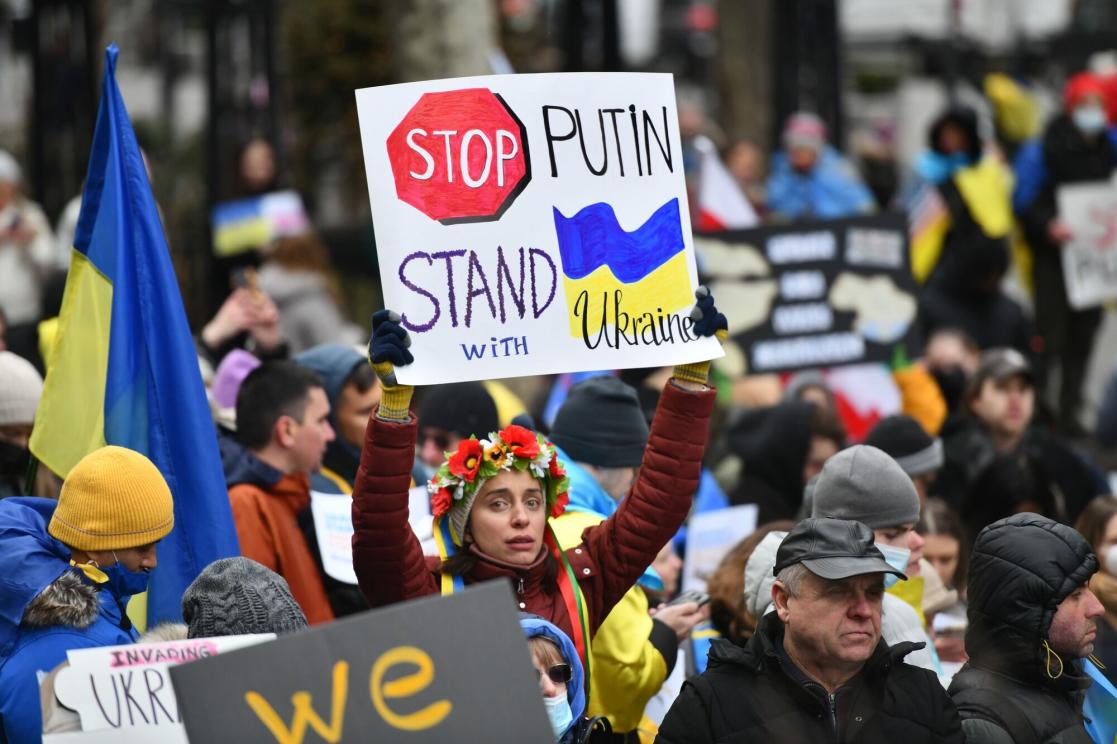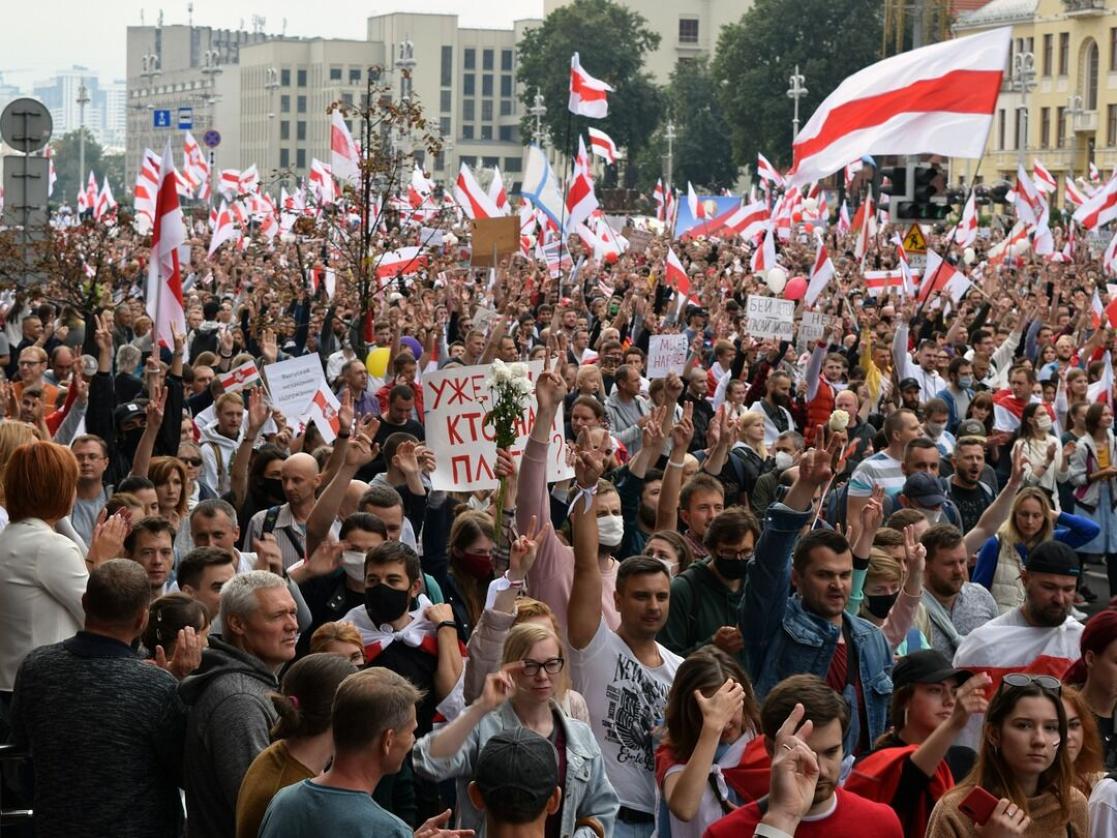European Union sanctions
This page explains European Union policy on sanctions - why the EU uses them, how they are adopted and what type of measures are in place. This page also contains information about the legal and policy basis of EU sanctions.
A peaceful tool of diplomacy
EU sanctions are a tool under the Common Foreign and Security Policy (CFSP) to uphold international law, prevent international crises, support conflict resolution, fight terrorism and tackle the proliferation of weapons. Sanctions are a useful tool to support third countries consolidate democracy and the rule of law and to hold violators of human rights accountable for their crimes.
- Follow the link to learn more about sanctions as A Peaceful Tool of Diplomacy
Adoption of sanctions
The EU implements all sanctions adopted by the United Nations Security Council to maintain or restore international peace and security. UN sanctions are automatically transposed into EU law. Occasionally, the EU applies additional measures to complement and reinforce United Nations sanctions.
The EU also adopts autonomous sanctions to fight against terrorism financing, defend human rights and democratic institutions, or prevent the proliferation of chemical weapons or weapons of mass destruction.
- Follow the link to learn more about The Adoption of EU Sanctions
Types of sanctions
Most sanctions adopted by the EU are targeted at individuals and entities, and consist of assets freezes, travel bans and the prohibition to make funds and economic resources available to listed entities or individuals.
The freezing of funds and economic resources includes assets owned or controlled by targeted individuals or organisations (such as cash, bank deposits, stocks, shares, etc.) which may not be accessed, moved or sold, and real estate which may not be sold or rented. Visa or travel bans prevent individuals from entering the territory of the EU.
- Follow the link to learn more about the Types of EU Sanctions
Increasing the Effectiveness of Sanctions
Sanctions work best when they are implemented by as many actors as possible. To ensure the highest effectiveness, the EU seeks to build the broadest coalitions of countries to align with its measures. The EU coordinates on the adoption of new sanctions with like-minded third states when foreign policy goals are shared.
Since Russia’s aggression of Ukraine, bilateral exchanges have been increasingly complemented by coordination in the G7 format, including on key sectoral measures such as the Oil Price Cap and the import ban on Russian diamonds.
- Follow the link to learn more about Increasing the Effectiveness of EU sanctions
Legality of sanctions
It is a fundamental principle of EU sanctions that, where persons and entities are targeted by these measures, their fundamental rights must be respected. This includes the due process rights of the listed persons and entities, in accordance with the case-law of the Court of Justice of the European Union.
Once a person has been listed, she is informed by the EU of her listing. She has the right to make representations to the Council and request the Council to de-list her. Any listed person has the right to bring a legal challenge and contest the listing in front of the European courts.
- Follow the link to learn more about the Legality of EU Sanctions
Sanctions against Russia

Nick Starichenko/Shutterstock
The EU has so far imposed 15 packages of massive and unprecedented sanctions on Russia in response to the latter’s aggression against Ukraine on 24 February 2022, and the illegal annexation of Ukraine's Donetsk, Luhansk, Zaporizhzhia and Kherson regions. These supplement existing measures imposed on Russia since 2014 following the annexation of Crimea and Sevastopol and the non-implementation of the Minsk agreements.
- Follow the link to learn more about EU Sanctions against Russia
Defending human rights

Castleski/Shutterstock
The promotion and protection of human rights remains a cornerstone of the EU’s external action and reflects the EU’s determination to address serious human rights violations and abuses worldwide. The EU is committed to denounce human rights violations and abuses wherever they occur, making use of all instruments while reasserting that human rights are universal, indivisible, interdependent and interrelated.
- Follow the link to learn more about Sanctions Defending Human Rights
Further information about EU Sanctions policy
Learn more
Follow the links below to find further information about the policy and legal basis of European Union sanctions.
- EU Sanctions Map
- Consolidated list of persons, groups and entities subject to EU financial sanctions
- EU sanctions tracker
- Why the EU adopts sanctions
- Types of sanctions the EU adopts
- How the EU adopts and reviews sanctions
- Basic Principles on the Use of Restrictive Measures (Sanctions)(PDF)
- EU Best Practices for the effective implementation of restrictive measures
- Guidelines on the implementation and evaluation of restrictive measures (sanctions) in the framework of the EU Common Foreign and Security Policy (PDF)
- European Commission website on sanctions (restrictive measures)
- EU sanctions whistleblower tool
- EU sanctions tool – Iran
- EU Blocking Statute







